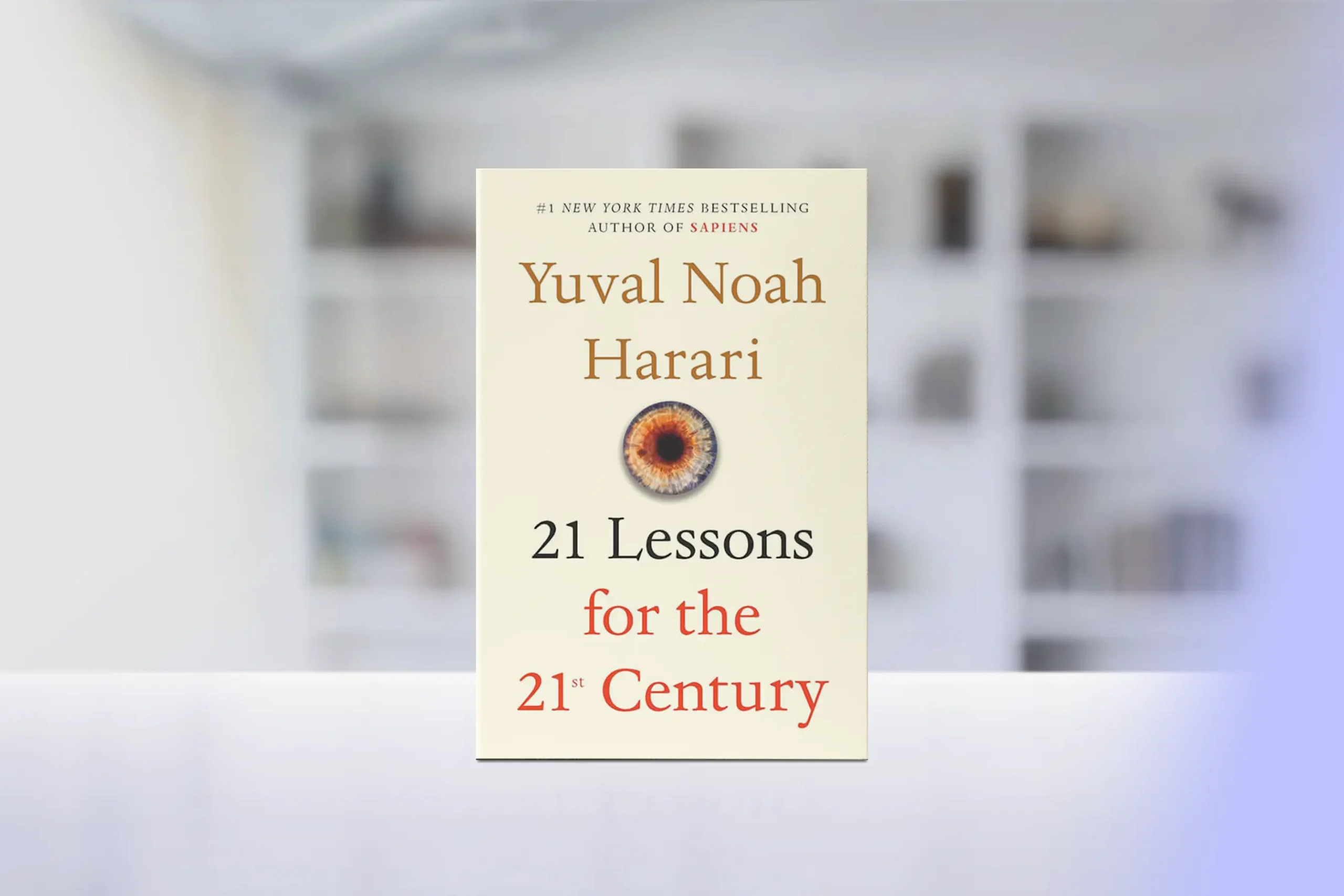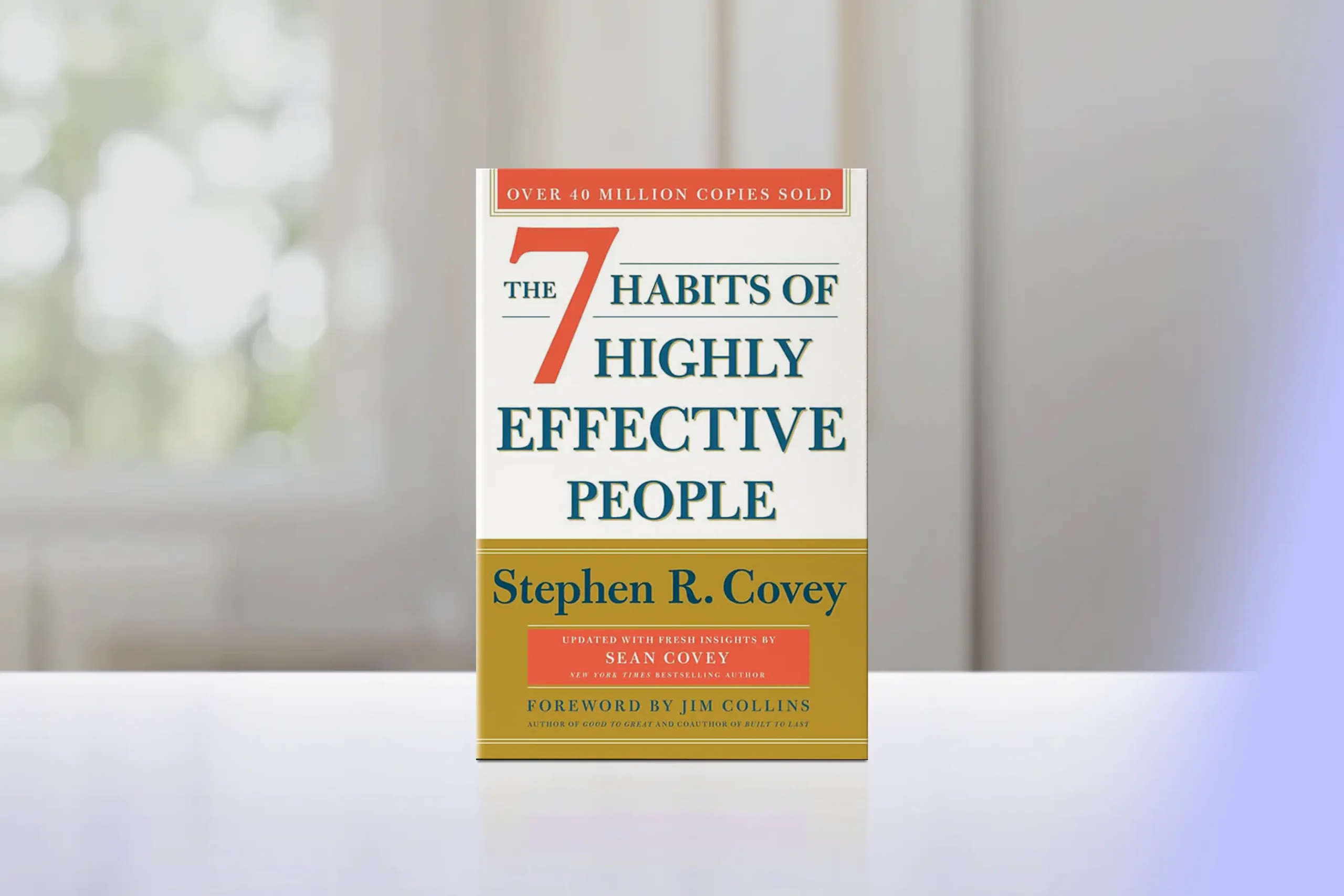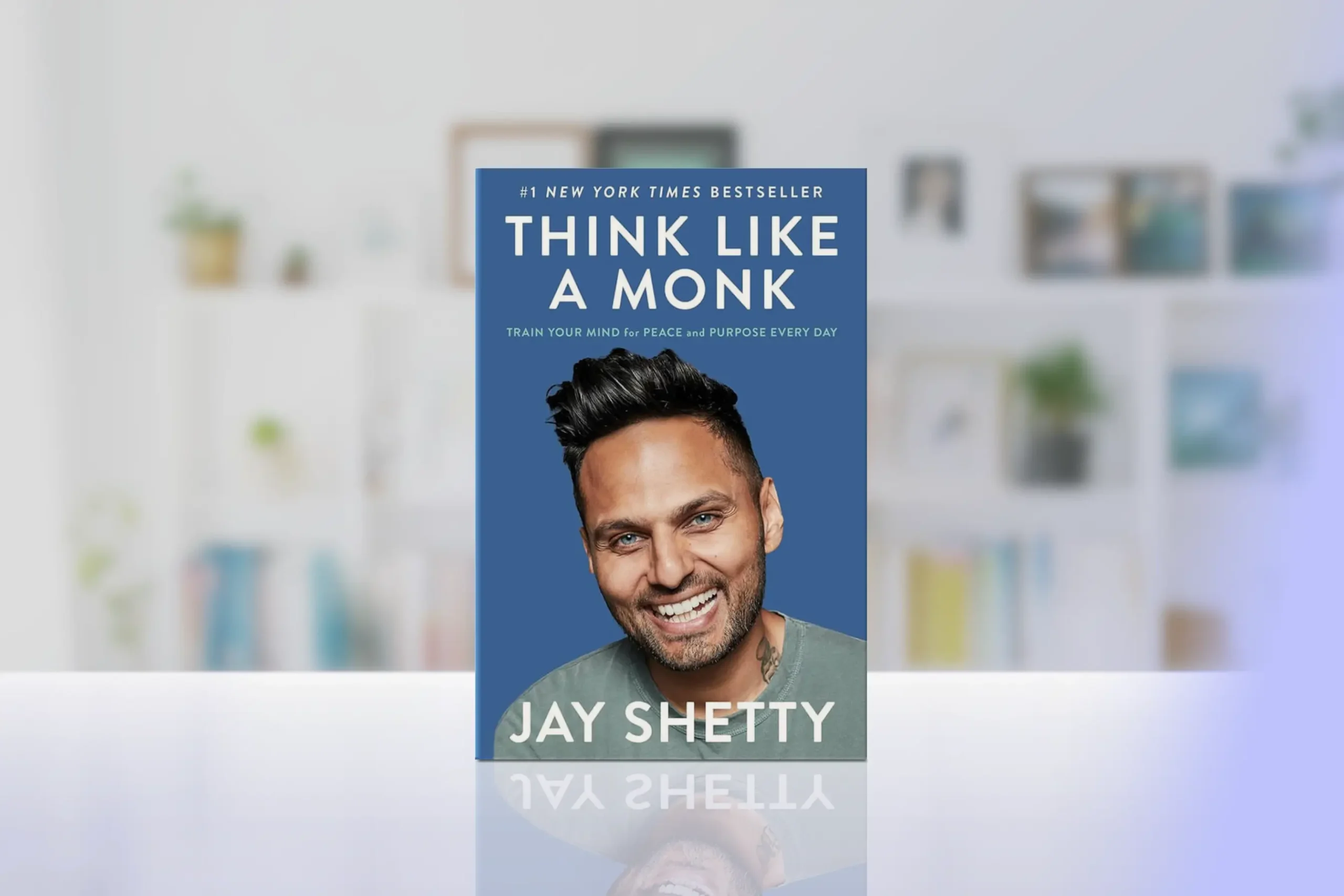In a world of increasing complexity and rapid change, Yuval Noah Harari’s “21 Lessons for the 21st Century” (published in 2018) arrives as a crucial compass for understanding our present moment.
While his previous books “Sapiens” and “Homo Deus” explored humanity’s past and future respectively, this work focuses squarely on the challenges and opportunities we face today.
The book’s core premise is that to navigate our current reality, we must first understand the forces shaping it – from technological disruption to political upheaval.
Core Concepts
Harari structures his analysis around several key themes that interconnect throughout the book:
- The rise of artificial intelligence and automation
- The challenges to liberal democracy
- The future of work and education
- The role of religion and nationalism in modern society
- The importance of emotional intelligence and mental clarity
These concepts are examined through the lens of both global systems and individual human experience, offering practical insights for navigating our rapidly changing world.
Chapter-by-Chapter Review
Part I: The Technological Challenge
In this section, Harari examines how technology, AI, and big data are reshaping the world. He explores the impact of automation on work, the rise of surveillance, and the concentration of power among those who control information. Readers are encouraged to understand how these technological forces may affect jobs, liberty, and equality, and to consider how to navigate an increasingly data-driven society.
Part II: The Political Challenge
Harari explores the political ramifications of globalization and the interconnectedness of modern civilizations. He addresses nationalism, immigration, religion, and community, emphasizing the need for global solutions to global problems. This part challenges readers to think critically about governance, cultural identity, and cooperation in a world facing complex political and social dilemmas.
Part III: Despair and Hope
This section addresses contemporary sources of fear, including terrorism, war, and cultural conflicts. Harari urges readers not to succumb to panic, highlighting the importance of perspective and rational thinking. He balances concern with optimism, illustrating how resilience, informed decision-making, and a global mindset can help individuals and societies overcome challenges.
Part IV: Truth
Harari investigates how humans perceive and interpret reality in an age of misinformation. He examines justice, post-truth politics, and the influence of narratives, emphasizing the need for critical thinking and discernment. Readers are encouraged to question assumptions, differentiate fact from fiction, and seek evidence-based understanding in an increasingly complex information landscape.
Part V: Resilience
The final part focuses on personal and collective resilience in a rapidly changing world. Harari explores education, the search for meaning, and meditation as tools to cultivate adaptability, awareness, and inner stability. He emphasizes that developing mental clarity and emotional balance is essential for navigating uncertainty and building a purposeful life.
Throughout the book, Harari combines historical analysis, contemporary examples, and philosophical reflection, challenging readers to confront pressing 21st-century issues while fostering critical thinking, ethical awareness, and personal resilience.
Key Strengths
- Exceptionally clear analysis of complex global trends
- Practical frameworks for personal decision-making
- Balanced perspective on technological progress
- Rich historical context for contemporary issues
- Accessible writing style that makes complex concepts understandable
Potential Drawbacks
- Some may find the broad scope overwhelming
- Certain conclusions might seem overly deterministic
- Limited concrete solutions for some challenges presented
Who This Book Is For
This book is particularly valuable for:
- Professionals navigating career changes in a rapidly evolving economy
- Parents concerned about preparing children for an uncertain future
- Leaders and decision-makers grappling with long-term planning
- Anyone seeking to understand the broader context of contemporary challenges
Final Review
“21 Lessons for the 21st Century” is an invaluable guide for anyone trying to make sense of our complex present. While the challenges Harari describes can seem daunting, his clear analysis and practical insights provide tools for navigating uncertainty with wisdom and purpose. The book excels at connecting global trends to personal decision-making, making it both intellectually stimulating and practically useful.
Harari also encourages readers to cultivate resilience, critical thinking, and self-awareness as essential skills for the modern world. By blending history, philosophy, and contemporary analysis, he helps us understand not just the forces shaping society, but also how we can respond thoughtfully and responsibly in our own lives.
Rating: 4.6/5
This is an essential read for understanding the forces shaping our world and how to respond to them thoughtfully.
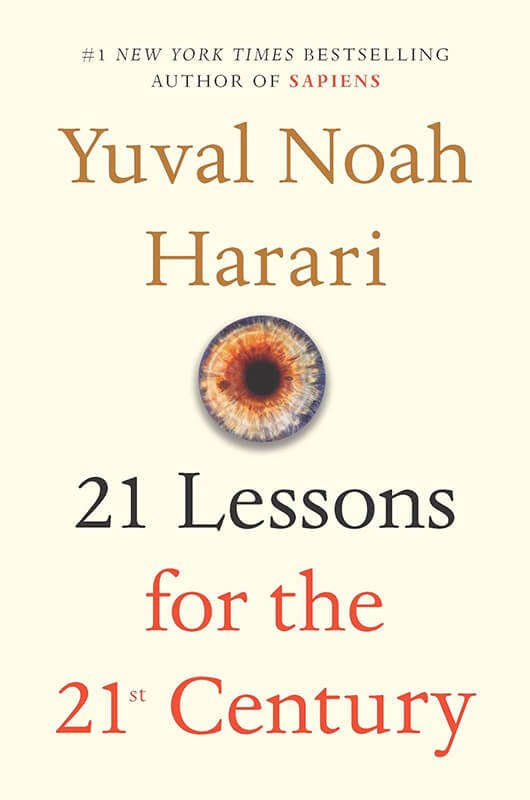
Alternative Books
For readers interested in exploring similar themes, consider these highly-rated alternatives from different perspectives:
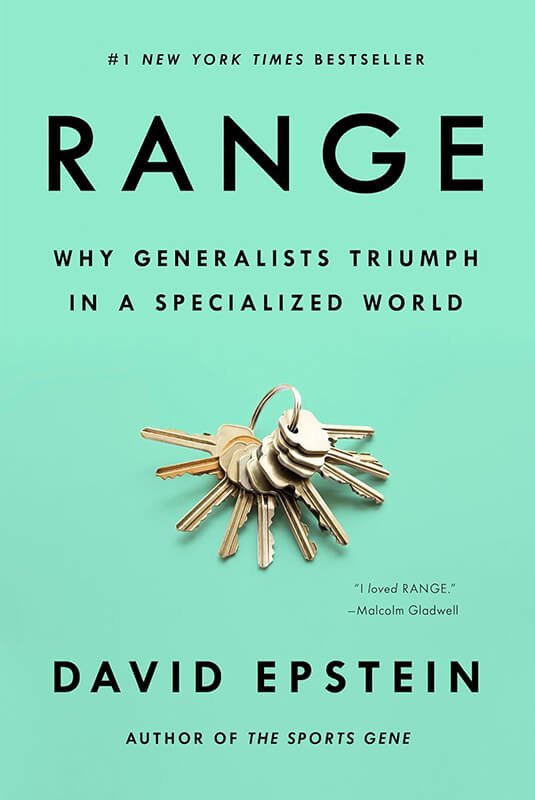
“Range: Why Generalists Triumph in a Specialized World” by David Epstein
A compelling exploration of why adaptability and broad knowledge are crucial in our complex world.
Rating: 4.6/5
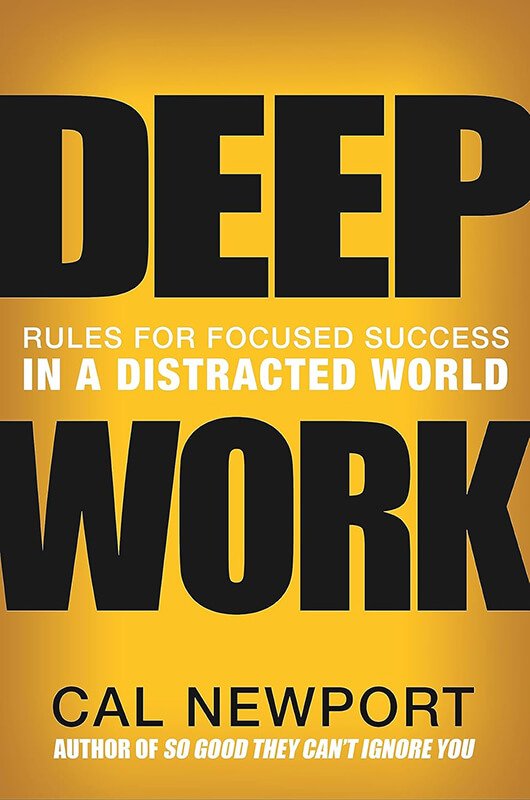
“Deep Work” by Cal Newport
Offers practical strategies for maintaining focus and productivity in an age of distraction.
Rating: 4.5/5
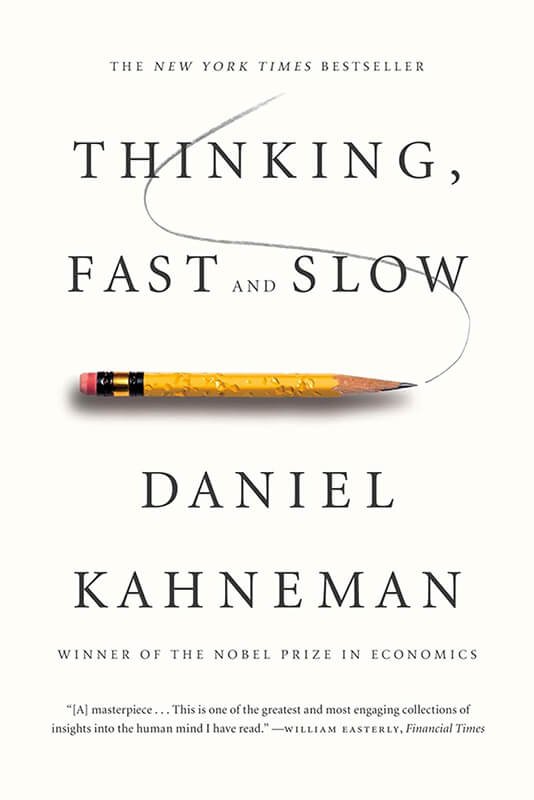
“Thinking, Fast and Slow” by Daniel Kahneman
Provides essential insights into decision-making and cognitive biases in our complex world.
Rating: 4.6/5

